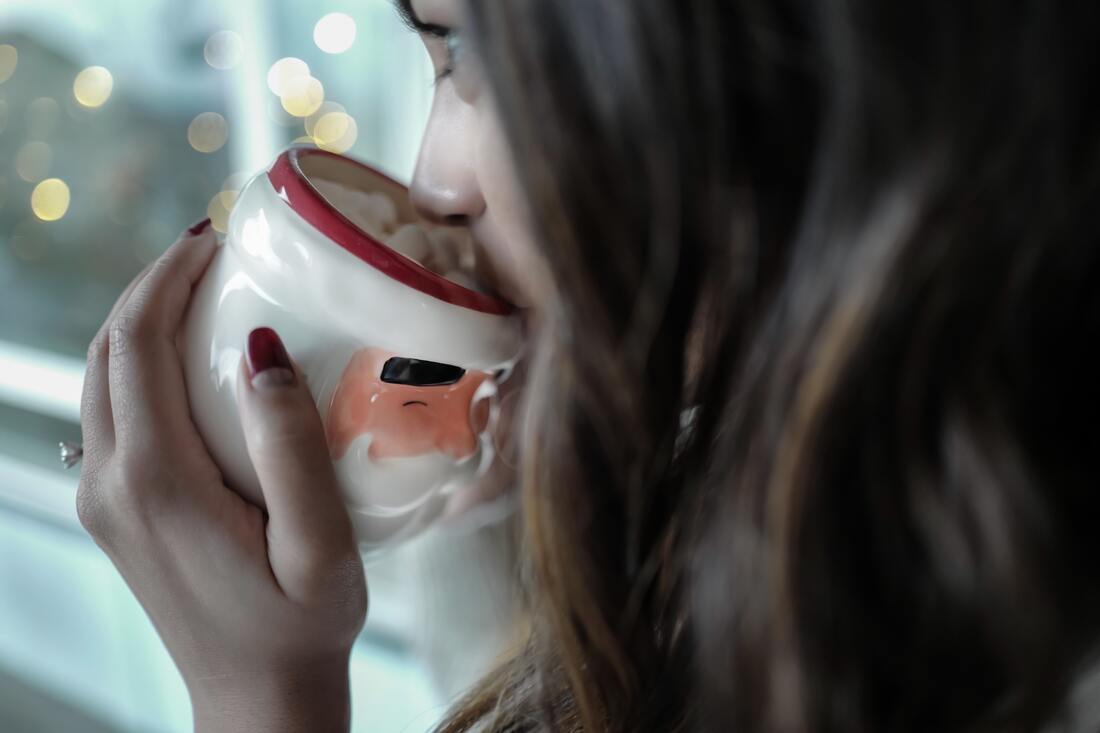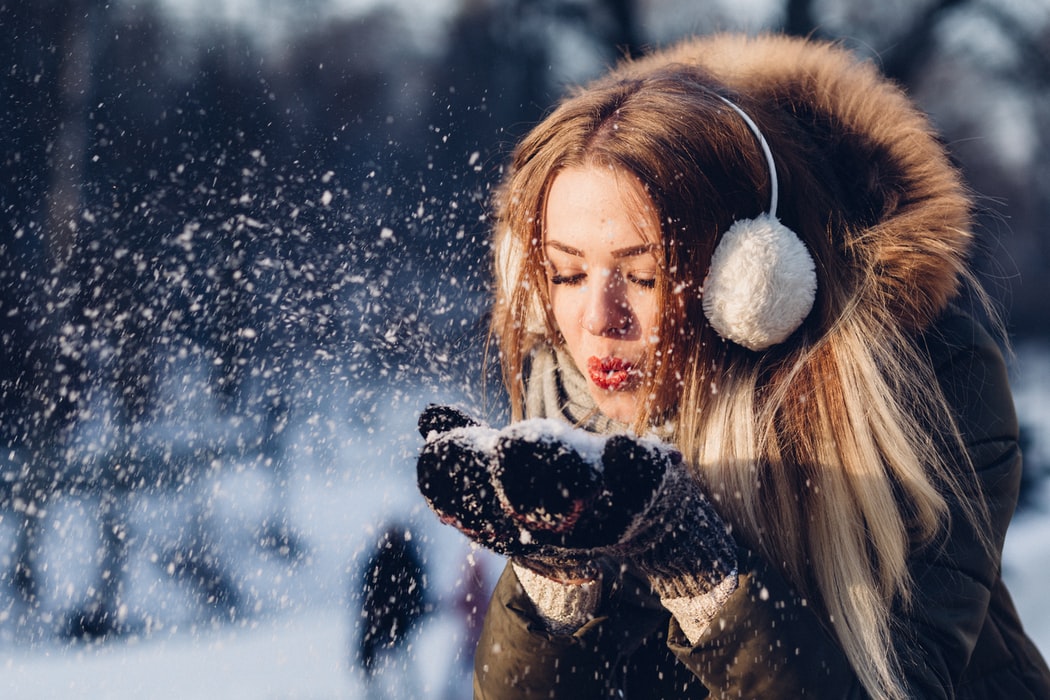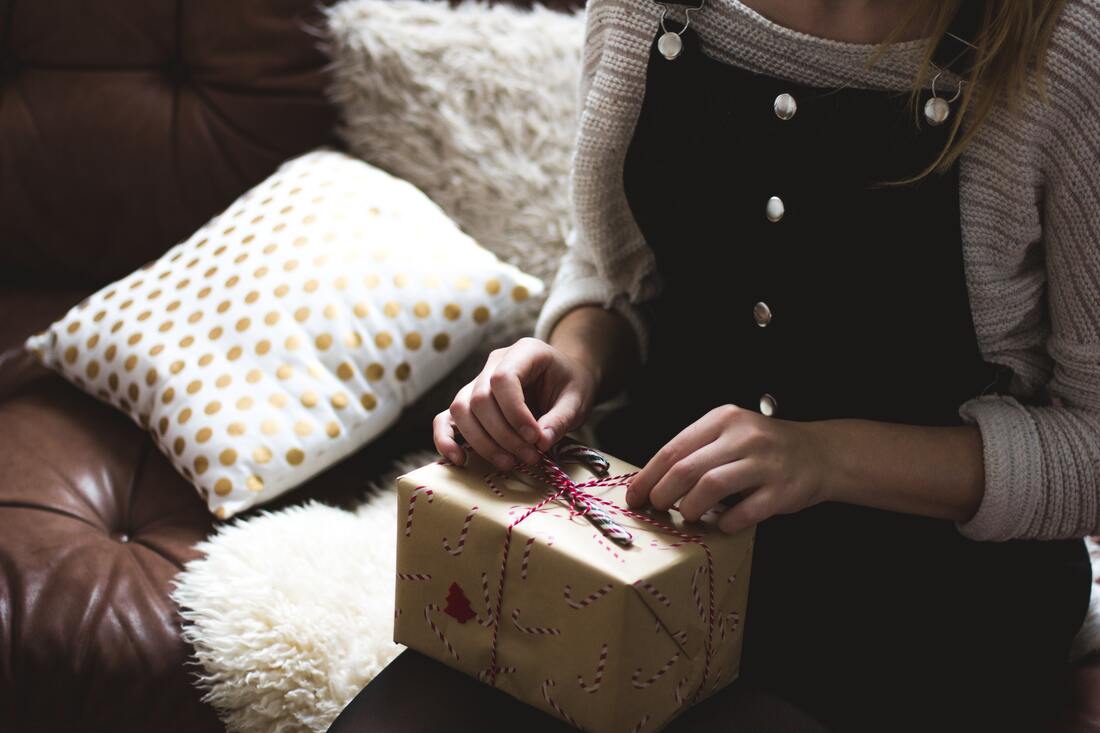|
You might be alone on Christmas for different reasons, such as the death of a loved one, living far from relatives, or because of social isolation due to the pandemic. If you have social anxiety disorder (SAD) and don't have close relationships with family or friends, loneliness at Christmas could be particularly hard. In general, there are three ways to cope with being alone at Christmas. First, you can address your mental state and how it is contributing to your loneliness. Second, you can find things to do at Christmas that make you feel less alone. And third, you can plan ahead so that you are not alone this time next year if you don't want to be. Addressing Your Mental State Christmas is the perfect day to take the time to appreciate what you have in life, be it good health, a place to live, or food on the table. Having gratitude will also help you to move past anxiety, as you learn to live in the present moment and be mindful of your surroundings. One way to practice gratitude is to write down three things you are grateful for on this day. What if you're plagued by negative thoughts? If you feel like you don't know how to cope with being alone, ask yourself, "What would I do if I did know how to cope?" You have more power over your thoughts and how they make you feel than you think. You can choose to feel lonely because you are alone, or you can choose to feel grateful for the positive things in your life. Reframing your negative thoughts is the basis of cognitive behavioral therapy (CBT), an effective treatment for social anxiety disorder. Tips for Coping With Loneliness at Christmas One way to cope with being alone on Christmas is to actually go out and do something productive. Rather than spend the day at home alone, find something that you can do that fits with your mindset and mental state for the day. For example, if you feel full of energy, and the weather is decent, go for a long run. If you feel social, consider attending a church service to be in the presence of others. Below are some other ideas to keep you from focusing on the fact that you are alone this holiday. Say 'Yes' Perhaps you are alone this year because you turned down invitations. Know that it's OK to call those people back and say "yes." This is often a problem for those with social anxiety—you turn down invitations only to regret it and feel lonely afterward. However, you're likely not the only one turning down invitations this year. As the COVID-19 pandemic continues, health experts are urging Americans to stay at home and celebrate with only those in their household. Take Time to Volunteer One way to gain a better appreciation for the good things in your life is to get involved in volunteering. During the holidays, volunteering is a way to connect with others, boost your self-esteem, and bring joy to people who are less fortunate. Consider offering to help serve dinner at a soup kitchen, bring gifts to a children's hospital, or visit lonely residents at a nursing home. During the coronavirus (COVID-19) pandemic, volunteering opportunities may look a bit different. For example, you might consider doing a grocery run for someone with a compromised immune system or a neighbor who is over age 65. Be sure to take expert-recommended precautions including wearing a mask and practicing social distancing. If you feel nervous about doing these social activities, all the better; it's a chance to test your boundaries and expand your social skills. In fact, research shows that practicing kindness may reduce your tendency to avoid social situations. Host an Orphan Christmas You are not the only one alone during the holidays, especially this year as large gatherings and travel are not recommended due to the coronavirus pandemic. Plan an "Orphan Christmas" for those who have no one to spend the holiday with or join a group of people in similar circumstances. If you feel anxious about reaching out—consider that other people who are alone on Christmas may feel isolated, lonely, and nervous to call on you, too. If you do decide to gather (instead of having a Zoom get together on video chat) with other "orphans" this year, just be mindful of the recommendations by the Centers for Disease and Control Prevention (CDC) for holiday celebrations and small gatherings: + Follow state, local, territorial, or tribal health and safety laws, rules, and regulations. + Keep in mind that misusing alcohol or drugs may alter your judgment and make it less likely you'll follow safety guidelines (and exacerbate your symptoms if you've been diagnosed with SAD). + Practice social distancing (stay 6 feet, or two arm lengths, apart from others not in your household). + Prioritize outdoor over indoor gatherings. + Wash your hands. + Wear face coverings. Get to Work If you enjoy your work, and you have the option to work on Christmas, spend the day being productive. This is a smart choice if your job involves interacting with co-workers or customers; being at work may help you to feel less lonely. If you don't have the option to work on Christmas, spend the day working around your home or on a project that you've put off for too long. Celebrate Online Do you have online friends? Do you have long-distance relatives? Host an online Christmas by setting up a Skype chatroom or Facebook group. People can drop in and out as they please, and you don't have to cook, clean, or even get off the sofa. As an added bonus, you'll have a chance to practice your social skills as you welcome new people to the group and catch up with old friends. You'll also be keeping yourself and your loved ones safe as you socialize virtually.  Enjoy Solitude If being alone on Christmas is unavoidable, plan a day for yourself. Buy something online to treat yourself, cook your favorite foods, or plan a movie marathon. Or, cut through the clichés and do something offbeat like learning a new language or starting work on the novel that's always been in your head. Christmas is a day to indulge in whatever makes you happy. How to Plan Ahead for Next Christmas Plan for a better future. If social anxiety has left you alone and lonely on Christmas, vow to visit your doctor in the new year and get a handle on your anxiety. If you haven't been diagnosed, make a plan to share your concerns—you can even hand a typewritten letter to your doctor if that helps. Social anxiety tends to be overlooked or mistaken for other problems, particularly because people with the disorder are not good at sharing how they feel. Use whatever means necessary to impress upon your doctor the severity of your symptoms. If You're Having Difficulty Coping If you are feeling really down about being alone on Christmas and can't pull yourself out of it, reach out for help. Call a friend, family member, or a helpline. Regardless of whether you are physically separated from people on Christmas, you should never feel like you are lacking support. There are people who would love to hear from you and trained volunteers waiting to support and counsel you. If you or a loved one are struggling with social anxiety disorder, contact the Substance Abuse and Mental Health Services Administration (SAMHSA) National Helpline at 1-800-662-4357 for information on support and treatment facilities in your area. For more mental health resources, visit the National Helpline Database. While feeling socially isolated around the holidays may be common, finding yourself crippled by social anxiety more days out of the year than not may be a sign of a disorder. If you've not already consulted your doctor about your social anxiety, be sure to make an appointment to discuss the possibility of a diagnosis and referral for treatment. You can always reach out to me to schedule an appointment at Pathways to Change.
0 Comments
Your comment will be posted after it is approved.
Leave a Reply. |
AuthorDORICE NEIR Archives
March 2024
Categories |



 RSS Feed
RSS Feed